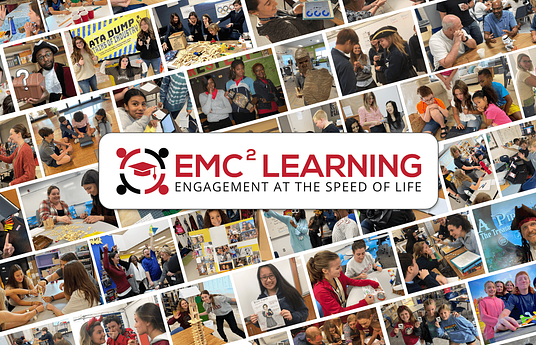With a growing awareness and demand for programs that are built on authentic Student Voice and Student Agency, as well as those that place students as problem-solvers at the heart of real-world issues they care about, there was an obvious gap in the educational landscape for a scalable program that anyone could join or run in their classroom or school, fitting into any educational setting.
We support students as active and empowered learners, building their knowledge, skills and values to design and implement solutions to issues they see around them. Students join facilitated regular online sessions with peers nationally, guided through the stages of Changemaking, aligning projects to the SDGs and The Inner Development Goals.
Students learn about Young Changemakers and why it is important to take action.
Using Inquiry Learning and Design Thinking, the selection of issues, solutions and implementation decisions are all made by students, using Student Voice and Agency and developing Student Leadership.
Students create solutions, leveraging community connections and assets, creating content (posters, websites, social media) to educate others, developing Digital Citizenship.
While implementing projects, students use Critical and Creative Thinking, problem-solving real-life issues. One educator per school participates, building their capacity to facilitate Changemaker Ed.
With the program in it's third year in Australia, we are aiming to launch it in the USA 2024/2025 school year. With many schools wanting to offer these kinds of educational experiences for students, a free online Self-paced Guide for Student Action Projects is now available to any educator globally to run the program themselves.
The program facilitator has been invited to several conferences since it has started to share the initiative with others, students were invited to present their projects at the Kids Conference 2024 at Melbourne University and several schools have a piece written by the student ambassadors in the Australian Council for Student Voice magazine, ReconnectED.
Join The Global Citizenship Ambassador Program for facilitated sessions and peer to peer learning to build a generation of Young Changemakers in your classroom, school or district!
https://au.meglanguages.com/global-citizenship-ambassadors
Download the FREE, online Self-paced Guide: Student Action Program to run it yourself:
https://au.meglanguages.com/facilitating-student-action-projects/
.png)


